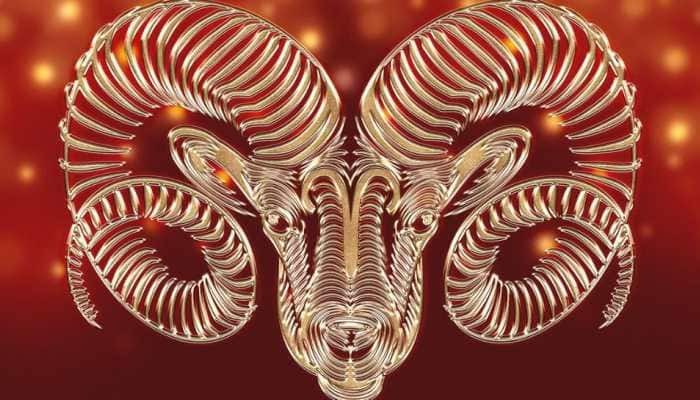Sudden cardiac arrest is often preceded by warning signs in men
Sudden cardiac arrest isn`t always sudden and warning signs can appear up to a month before the event, a new study has claimed.
Trending Photos
Zee Media Bureau/Liji Varghese
New Delhi: Sudden cardiac arrest isn`t always sudden and warning signs can appear up to a month before the event, a new study has claimed.
The study's senior author, Sumeet Chugh, a cardiologist and associate director for genomic cardiology at the Cedars-Sinai Heart Institute in Los Angeles stated that cardiac arrest is the heart’s ultimate problem, an electrical chaos that can lead to death within 10 minutes unless the person receives emergency medical aid.
Early warning signs include:
- Chest pain
- Dizziness
- Faintness
- Shortness of breath
- Heart palpitations
These signs could occur four weeks to one hour before the heart suddenly stopped.
The researchers studied 567 middle-age men in Portland, Oregon who had out-of-hospital cardiac arrests in 2002-12.
Among then men studied, 53 percent had symptoms prior to the cardiac arrest. Of those with symptoms, 56 percent had chest pain, 13 percent had shortness of breath and 4 percent had dizziness, fainting or palpitations.
The researchers are still studying cardiac arrests in women.
The study was presented Tuesday at the American Heart Association's Scientific Sessions in Dallas.
Cardiac arrest and Heart attack are different
Most people mistakenly use heart attack to describe a cardiac arrest. While a heart attack may cause cardiac arrest and sudden death, the terms don't mean the same thing.
Cardiac arrest occurs when the heart stops due to a failure in its electrical system. An unexpected cardiac arrest is referred to as a sudden cardiac arrest (SCA).
On the other hand, heart attack is caused by a blockage that stops blood flow to the muscle of the heart.
Cardiac arrest treatment
Cardiac arrest is a medical emergency which is synonymous with clinical death. It is potentially reversible only if the patient receives immediate medical aid.
The treatment for cardiac arrest is immediate defibrillation if a shockable rhythm is present, while cardiopulmonary resuscitation (CPR) is used to provide circulatory support and/or to induce a shockable rhythm.
In order to avoid such a condition and get timely medical assistance it important to pay attention to even subtle symptoms like light headedness, dizziness, palpitations or mild chest discomfort.
Live Tv







)
)
)
)
)
)
)
)
)
)
